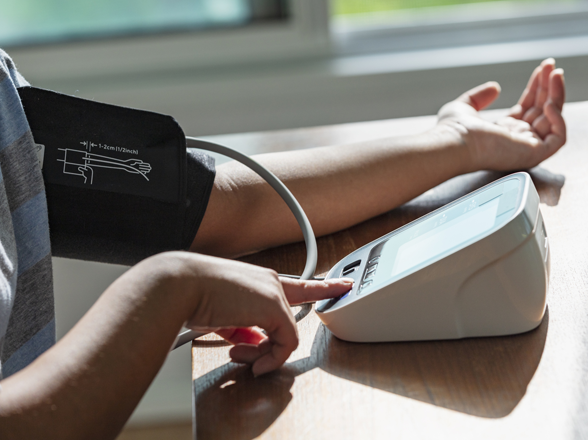Canada is home to 1.5 million people who identify as Black, making up 4.3% of the population.
These communities, whether long-established families or newly arrived, are highly diverse with cultural, religious and language traditions from around the world, including many Francophones. Many come with deep roots tracing back to Africa (e.g. Nigeria, Ethiopia), the Caribbean (e.g. Jamaica, Barbados, Guyana, Haiti), and beyond.
Why do Black women face unequal risks?
Heart and brain health risks for Black women are influenced by a range of factors. Some are modifiable – such as physical activity, diet, and lifestyle – while others like age, family history and genetics are beyond control.
Additionally, factors like where you’re born, living conditions and employment can play significant roles in health-related risk factors. While issues like high blood pressure and cholesterol can affect anyone, women face unique challenges, like high blood pressure during pregnancy (preeclampsia).
Caregiving responsibilities, language barriers and experiences of discrimination and anti-Black racism can create ongoing stress that leads to problems like high blood pressure. Newcomers to Canada may also have different health needs and experiences than women whose families have been here for a long time.
Research from Canada and other countries shows that Black women and other racialized people are more exposed to chronic stressors, including racial and sexual discrimination. For example, data from the United States reveals that Black people who experience cardiac arrests outside of the hospital are far less likely to receive bystander CPR compared to white people, which means fewer are likely to survive.
To better support the health of Black women in Canada, we need to do a better job of collecting race and ethnicity information to understand their unique needs and risks. This proactive approach will help us identify areas of improvement and ensure that the support provided is culturally appropriate, paving a way for a healthier future with and for Black women.
- Black people in Canada have higher rates of diabetes and high blood pressure (hypertension) compared to white people in Canada.
- Black women are more likely to experience high blood pressure related issues during pregnancy than white women, according to data from the United States.
- Black women are 3X more likely to die from high blood pressure-related conditions during pregnancy, such as preeclampsia.









